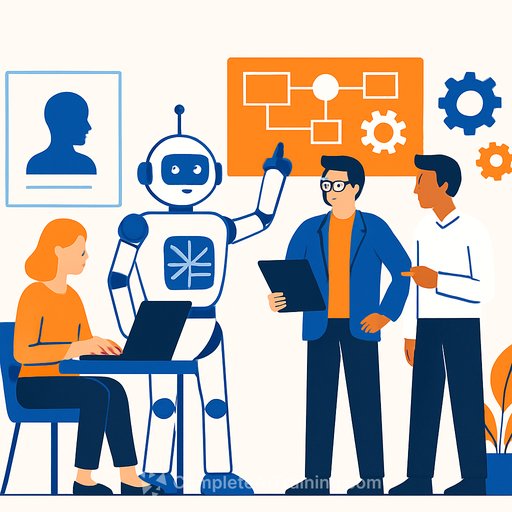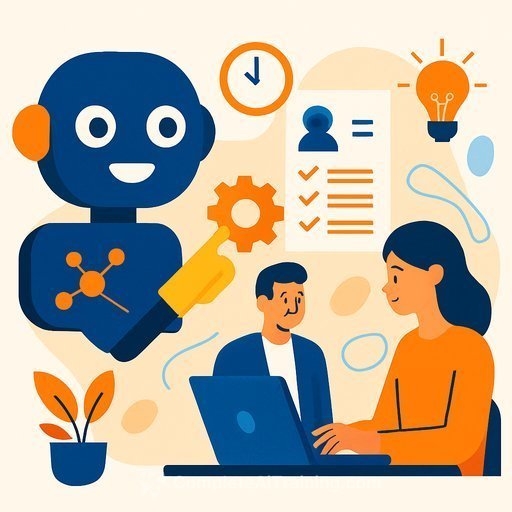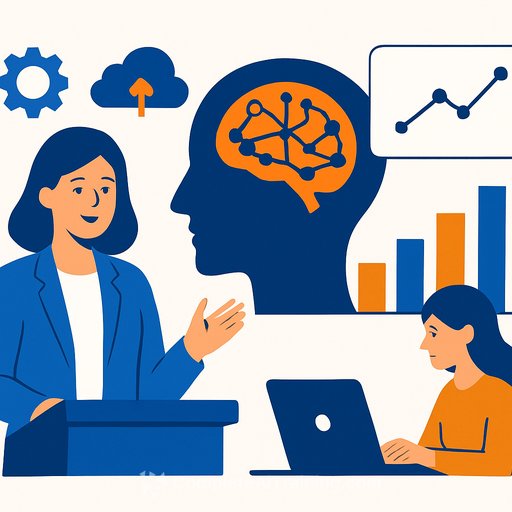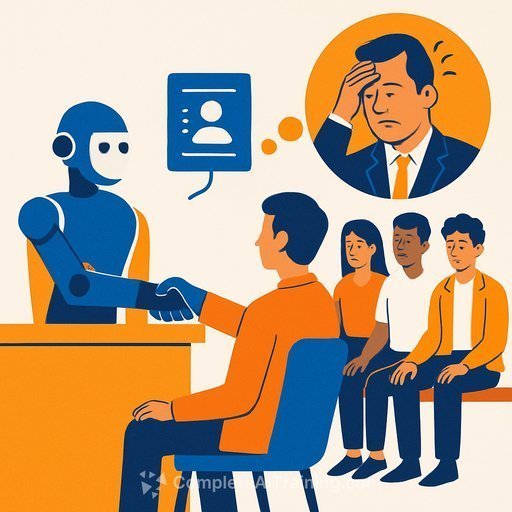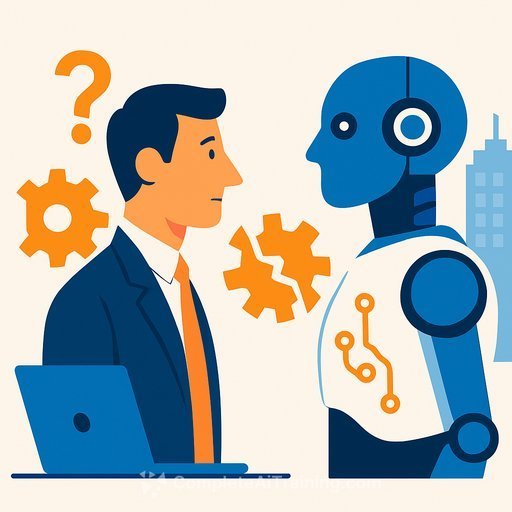Moderna Merges HR and IT to Build an AI-First Organization
Moderna has taken a bold step by combining its human resources and information technology departments under a single leadership role. This move aims to create an agile, AI-focused company where human capital and digital innovation work hand in hand instead of in separate silos.
This reorganization is more than just a cost-saving or efficiency tactic. It marks a shift in how companies approach work design, role creation, and the use of intelligent systems throughout their operations. As organizations explore ways to integrate generative AI, Moderna is testing a model that many talk about but few have implemented: a workforce where humans and AI seamlessly collaborate.
A New Role: Chief People and Digital Technology Officer
Tracey Franklin now leads this combined function as Moderna’s chief people and digital technology officer. She carries a dual responsibility:
- Human Capital Strategy: Overseeing talent acquisition, performance management, and shaping workforce culture worldwide.
- Digital Infrastructure and AI Deployment: Managing enterprise systems, integrating AI tools, and handling operational technology.
By merging these areas, Moderna aims to speed up decision-making where HR and IT priorities intersect. Franklin’s experience with both people and technology positions her well to drive this transformation.
This structure sends a message: digital skills are essential for HR leaders and every other department. Instead of simply managing headcount, Moderna is shifting towards work planning — first identifying what work needs to be done, then deciding how to distribute it between humans, AI agents, and software.
Reimagining Work Design in an AI Era
This new approach questions traditional assumptions. Should a task be automated, or does it require human empathy? Can machine learning accelerate decision-making? Will digital agents improve employee experience?
As management thinker Peter Drucker said, “There is nothing so useless as doing efficiently that which should not be done at all.” Moderna’s model focuses on making sure the right work is assigned to the right resource.
Moderna has partnered with OpenAI, deploying over 3,000 GPT-based agents internally to automate and support various processes:
- HR Operations: AI chatbots answer employee questions instantly and assist with onboarding, performance reviews, and learning.
- Research & Development and Clinical Trials: GPTs help scientists analyze clinical data and make dose selections.
- Business Services: Automation handles scheduling, IT ticketing, and internal support tasks.
These AI agents are not meant to replace employees but to reduce repetitive work, allowing staff to focus on strategic, human-centered activities.
Cultural and Strategic Challenges
Combining HR and IT functions introduces risks that Moderna is mindful of:
- Cultural Clash: HR and IT have different mindsets—people versus systems. Misaligned priorities could hurt collaboration.
- Over-Automation: Relying too much on AI in sensitive HR areas could damage employee trust and engagement.
- Superficial Change: Without thoughtful redesign, automation might only digitize old processes rather than improve them.
Moderna emphasizes designing the flow of work thoughtfully, aiming for a systems approach rather than layering AI on outdated practices.
What This Means for HR Professionals
Moderna’s reorganization offers a clear signal: HR functions must become digitally fluent and embrace AI as a core part of their strategy. This means shifting from managing people as resources to orchestrating a blend of human and machine capabilities.
For HR leaders, this means rethinking talent management, employee engagement, and workforce planning through the lens of AI integration. Learning how to work alongside AI tools and redesigning workflows will become critical skills.
Exploring AI-focused HR strategies and gaining digital expertise is increasingly essential. For those interested in expanding AI knowledge in HR and related fields, comprehensive training options are available at Complete AI Training.
The Future of Work is About Flow, Not Function
Moderna’s move is a preview of what the future enterprise operating model might look like. As AI changes productivity and innovation, organizations will need to organize around the flow of work instead of rigid functional silos.
The question for HR professionals is no longer whether work should change but how to lead that change effectively.
Your membership also unlocks:

